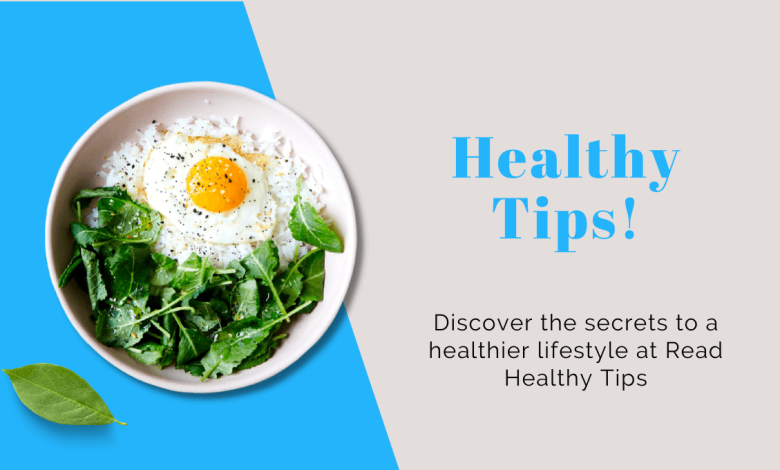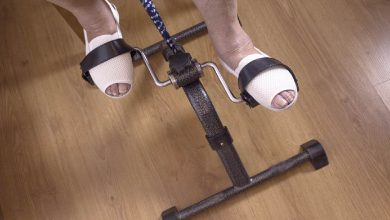
Eating healthy is essential for maintaining a healthy lifestyle. However, it can be challenging to know what to eat, especially when there are so many unhealthy options available. In this article, we will discuss 10 simple tips for eating healthy, which will help you make the right choices for your body. We will also discuss some of the benefits of eating healthy, including weight loss and improved energy levels. Improve your diet and health with our 10 Simple Tips for Eating Healthy.
Learn about healthy eating, nutrition, weight loss, and energy improvement. Our tips include meal planning, protein, fruits/vegetables, hydration, and avoiding processed foods. Follow our guide to start making positive changes today. These tips are perfect for anyone looking to improve their diet, whether you’re just starting out or you’re a seasoned pro.
1: Plan your meals in advance.
One of the best ways to ensure that you’re eating healthy is to plan your meals in advance. This will help you make sure that you have the right ingredients on hand, and it will also make it easier to stick to your diet. Planning your meals ahead of time will also help you avoid the temptation to eat unhealthy foods when you’re in a rush.
2: Make sure you’re getting enough protein.
Protein is essential for maintaining healthy muscles and bones, and it can also help you feel full and satisfied. Make sure that you’re getting enough protein in your diet by including foods like chicken, fish, eggs, and legumes.
3: Eat a variety of fruits and vegetables.
Fruits and vegetables are an important part of a healthy diet because they’re packed with vitamins and minerals. Eating a variety of fruits and vegetables will help you get all the nutrients your body needs.
4: Stay hydrated.
Drinking enough water is essential for maintaining good health. Make sure that you’re drinking at least 8-10 glasses of water a day to stay hydrated.
5: Watch your portion sizes.
Portion control is an important aspect of a healthy diet. Eating too much can lead to weight gain, so be mindful of how much you’re eating.
6: Cook more at home.
Cooking at home allows you to control what goes into your meals and it can be a great way to eat healthy. It also saves money more than eating out.
7: Avoid processed foods.
Processed foods are often high in sugar, sodium, and unhealthy fats. By avoiding processed foods, you’ll be able to eat a healthier diet.
8: Read nutrition labels.
Reading nutrition labels can help you make informed decisions about what to eat. It will help you to avoid foods that are high in sugar, sodium, and unhealthy fats.
9: Listen to your body.
Eating healthy is about finding what works for you. Listen to your body and pay attention to how different foods make you feel.
10: Don’t be too hard on yourself.
Eating healthy is a journey, and it’s important to be kind to yourself. If you slip up, don’t beat yourself up, just get back on track.
FAQs:
What are the benefits of eating healthy?
The benefits of eating healthy include weight loss, improved energy levels, and a reduced risk of chronic diseases.
How can I make sure that I’m getting enough protein in my diet?
You can make sure that you’re getting enough protein in your diet by including foods like chicken, fish, eggs, and legumes.
What are some healthy snacks that I can eat?
Some healthy snacks include fruits, vegetables, nuts, and seeds.
How can I make sure that I’m eating a balanced diet?
Eating a balanced diet means consuming a variety of different foods from each food group in the right proportions. This includes fruits, vegetables, whole grains, lean protein, and healthy fats. Meal planning and reading nutrition labels can also help ensure that you’re getting all the necessary nutrients.
Summary:
Eating healthy requires a bit of planning and effort, but the benefits are well worth it. One of the most important things you can do is to plan your meals in advance. This will ensure that you have healthy options available when it comes time to eat. In addition to meal planning, it’s important to include enough protein in your diet to maintain healthy muscles and bones. Lean proteins such as chicken, fish, and legumes are a great addition to any meal. Eating a variety of fruits and vegetables is also essential, as they provide all the necessary vitamins and minerals. Staying hydrated is key as well, aim to drink 8-10 glasses of water a day. It’s also important to watch your portion sizes to prevent overeating and weight gain. Cooking more at home can help control what goes into your meals, and avoid processed foods high in sugar, sodium, and unhealthy fats. Reading nutrition labels can also help you make informed decisions about what to eat. It’s important to listen to your body and pay attention to how different foods make you feel. Some foods may make you feel sluggish or cause stomach issues, so it’s important to pay attention to how your body reacts to different foods. Lastly, don’t be too hard on yourself, eating healthy is a journey, and it’s important to be kind to yourself.





One Comment